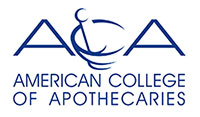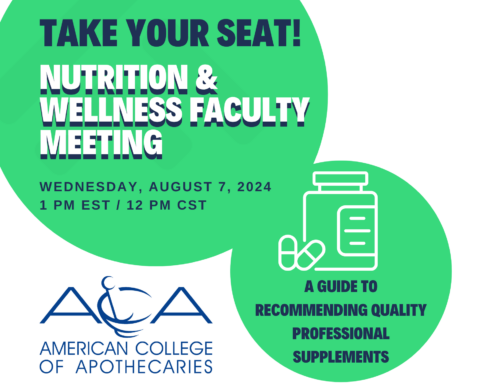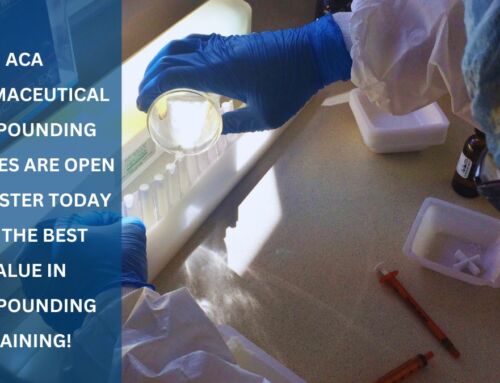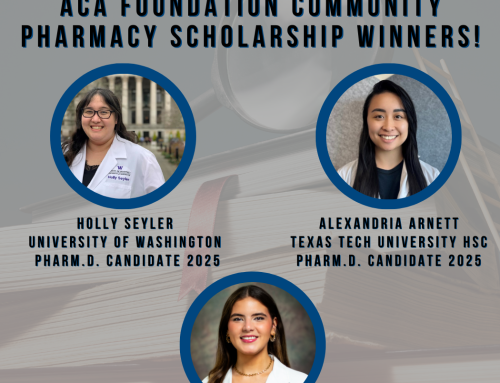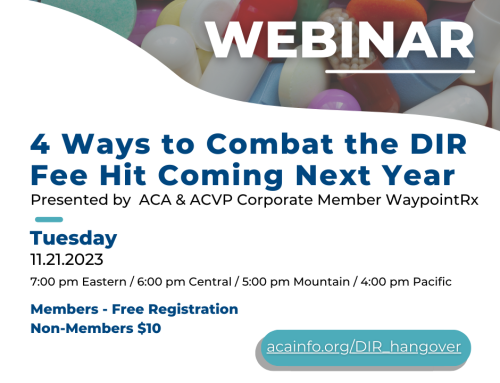According to the National Institutes of Health, about 1 in 6 U.S. adults ages 18 and over reports some trouble hearing — approximately 37.5 million U.S. adults—but less than half (46.0 percent) of them have seen a doctor or other health professional about their hearing or ear problems in the last five years.
Untreated hearing loss significantly impacts an individual’s quality of life and contributes to high health care spending. A JAMA Otolaryngology-Head & Neck Surgery study showed that untreated hearing loss was associated with $22,434 higher total health care costs per person over a 10-year period compared with costs for those without hearing loss.
Additionally, untreated hearing loss impacts individual’s quality of life and mental health. It can lead to isolation, and has been associated with serious conditions such as depression, anxiety, low self-esteem, dementia, reduced mobility, and falls.
Making hearing health care more accessible and affordable is a public health priority, especially as the number of older adults in the U.S. continues to grow.
While prescription hearing aids have been available for years, NIH data shows that only one in four adults who could benefit from hearing aids has ever used them.
To address this public health issue, in October 2021, the FDA formally proposed a rule to establish the new OTC hearing aids category for adults with perceived mild to moderate hearing loss. Finalized in August 2022, the final rule allows hearing aids within this category to be sold directly to consumers in stores without a medical exam or a fitting by an audiologist. Overall, among those reporting that they have trouble hearing, nearly two-thirds (62.6 percent) say that they have mild hearing loss, defined as “a little trouble hearing.”
The Role of Community Pharmacy
Community pharmacies are well-positioned to reach these individuals, who may not be aware of the recent availability of OTC hearing aids. OTC hearing aids that are FDA-compliance are usually more affordable than prescription hearing aids and can be FSA/HSA/HRA-eligible.
As the most accessible health care provider, pharmacists should be prepared to answer questions about OTC hearing devices and have the opportunity to discuss hearing screenings for patients during consultations.
Learn how to add a new clinical service to your pharmacy by offering in-store hearing tests and offering OTC hearing aids for adults with perceived mild to moderate hearing loss. Hearing aids for more severe hearing loss or for users younger than age 18 remain prescription devices.
Unlocking the OTC Hearing Aid Marketplace
Join ACA Corporate Member Soundwave Hearing for a 30-minute webinar on “Unlocking the OTC Hearing Aid Marketplace” and receive more information on how your pharmacy can get started with their testing and OTC hearing aid solutions.
This activity will not offer CE credit.
Recordings:
- To watch the video recording: Click here to view
- To listen to the audio recording: Click here to listen
Unlocking the OTC Hearing Aid Marketplace
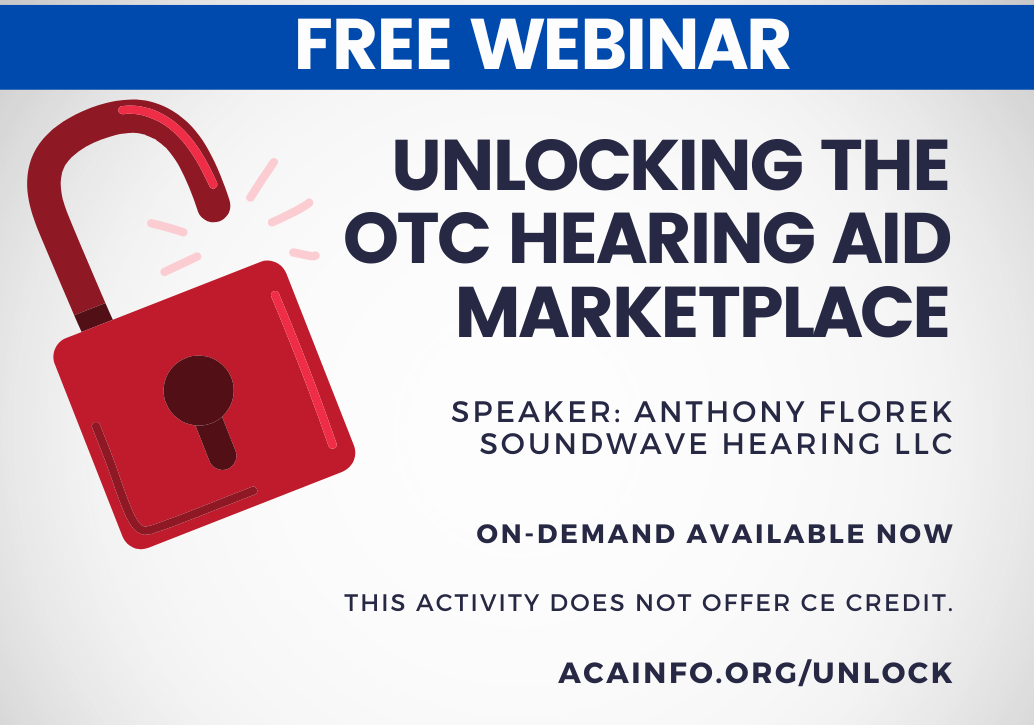
Recordings Available On-Demand
Anthony Florek
President, Soundwave Hearing LLC
Anthony has thirty plus years of medical device Sales and Marketing experience developed at leading medical equipment and consumer product companies, including Johnson and Johnson, Allergan Medical Optics and Beltone (GN Hearing Care). Anthony brings 15 years of experience from the traditional hearing aid industry and leads the development of the business model and value proposition at Soundwave Hearing.
Scroll down to register.
